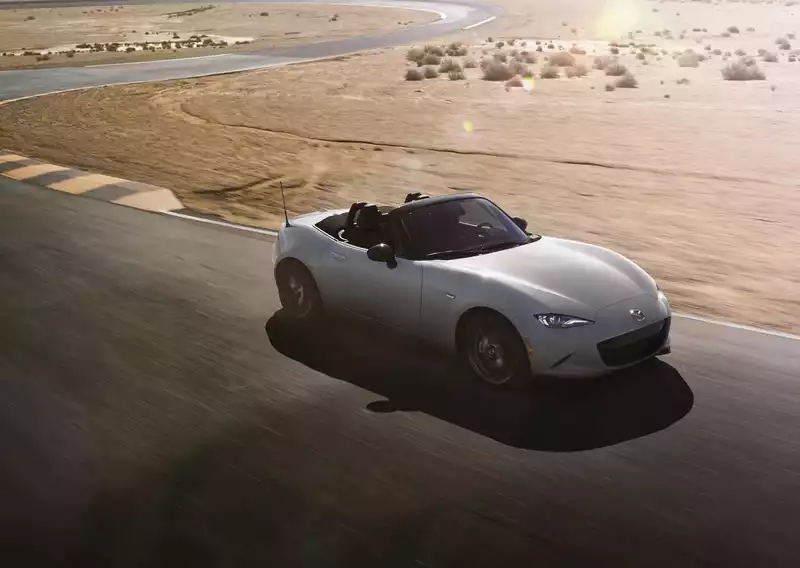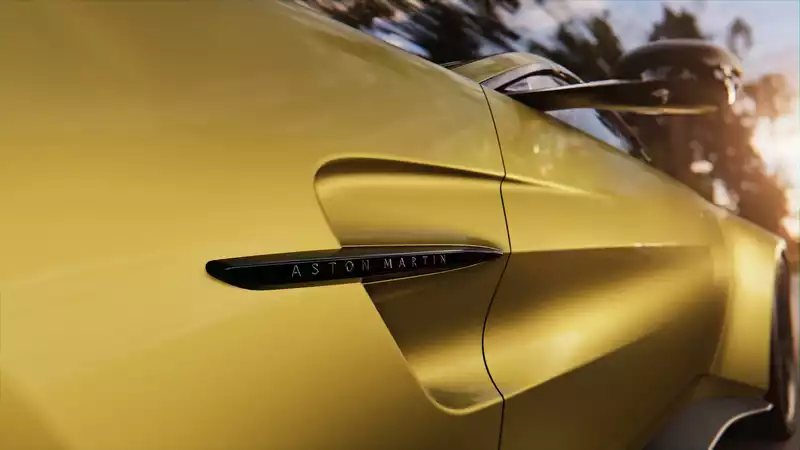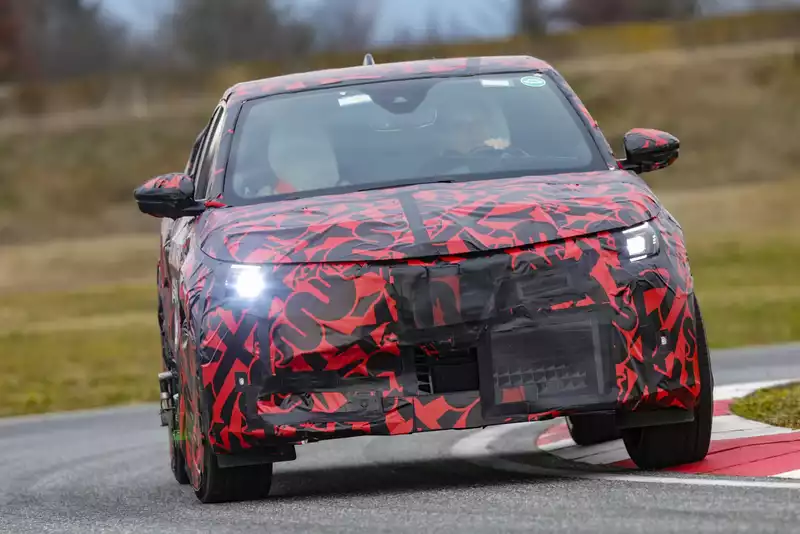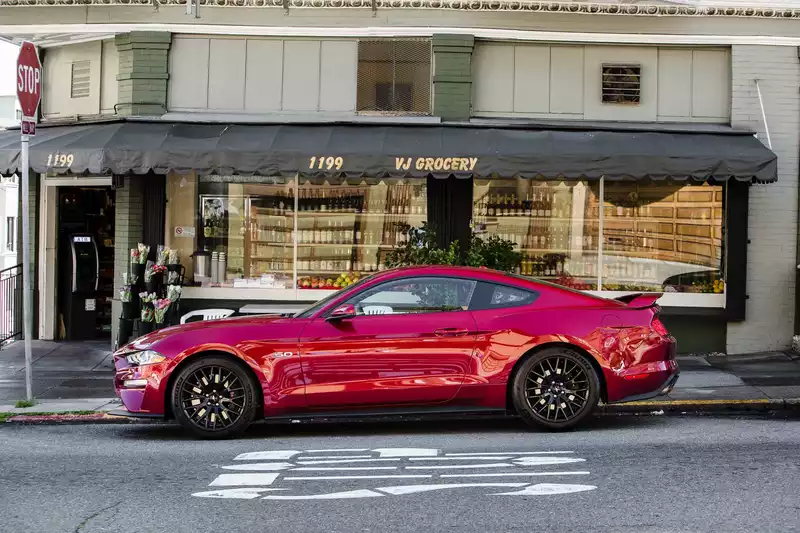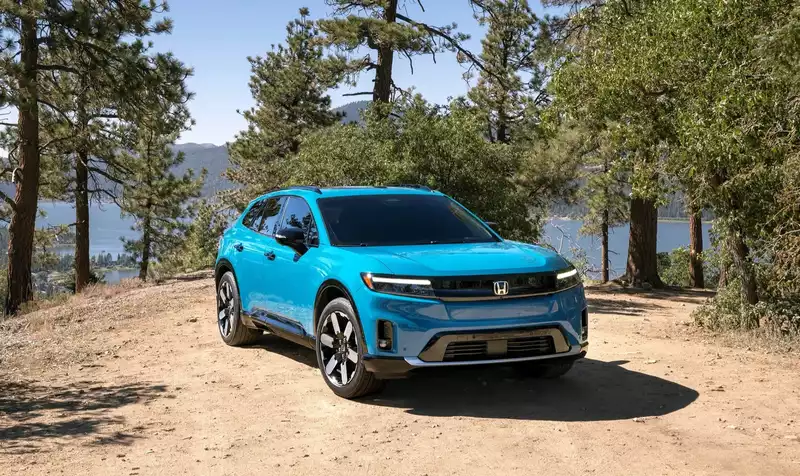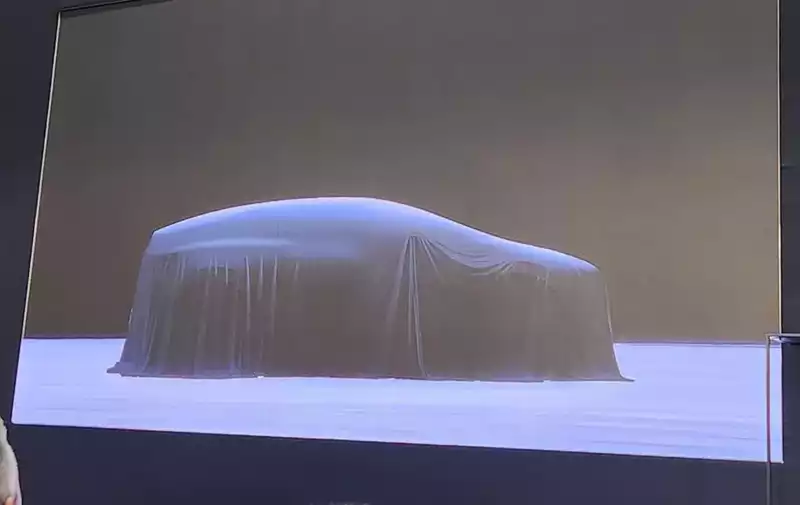Automated vehicles are proving useful in coronavirus containment.
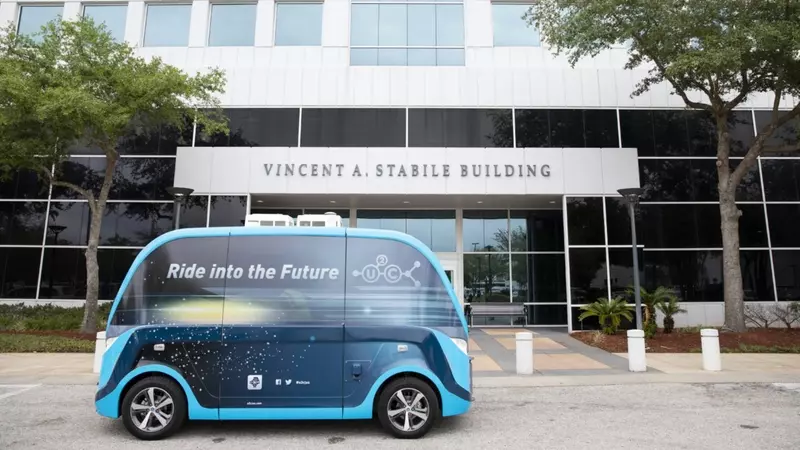
It may be decades before self-driving cars become commonplace on public roads, but they have already come in handy during the current Covid-19 coronavirus pandemic.
Self-driving cars are being used around the world to ease the burden on medical personnel already stretched to the limit when responding to a pandemic.
Since last week, the Mayo Clinic in Jacksonville, Florida, has been using self-driving shuttles to transport medications and test kits between the clinic's main hospital and a nearby testing station.Four shuttles are currently in use. They are manufactured by the French company Navya and operated by the local operator Beep. The shuttles run on routes isolated from pedestrians and general traffic and are remotely monitored for safety. [Kent Thielen, CEO of Mayo Clinic Florida, said: "Using artificial intelligence and modern autonomous vehicle technology, we can protect our staff from exposure to this contagious virus, freeing up staff time for direct patient care and treatment. This is a great opportunity for us."
Another example is the Chinese city of Wuhan, where the coronavirus first appeared. There, Neolix uses small self-driving cars designed for delivery services to deliver medicine and spray disinfectants on busy roads.
In the U.S., Nuro, which has created a self-driving delivery vehicle similar to Neolix, received permission from state authorities in early April to test the vehicle on California roads. It is a capsule-shaped vehicle without a passenger; Waymo is the only company allowed to test unmanned vehicles on California roads, but it has not yet made it this far.
